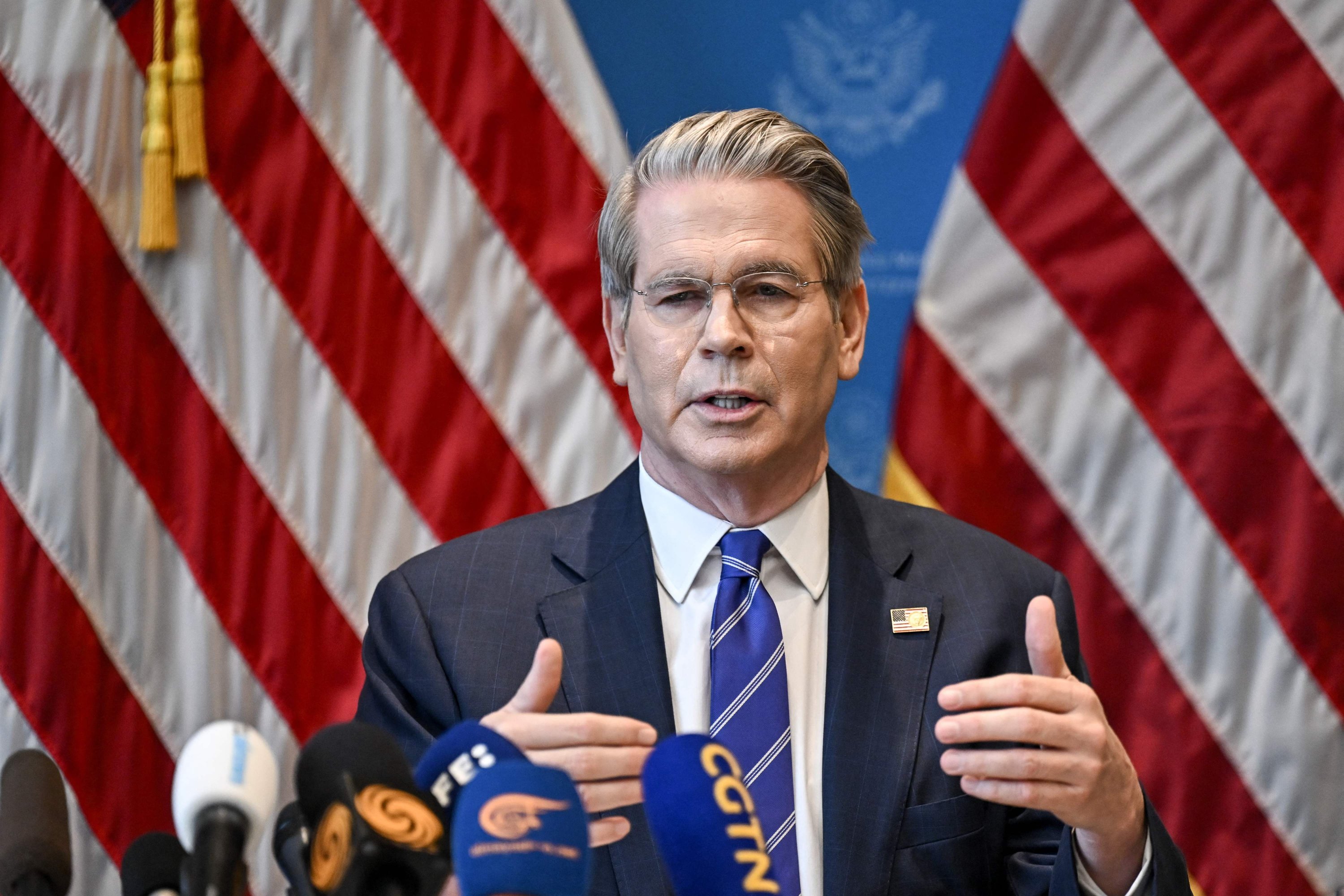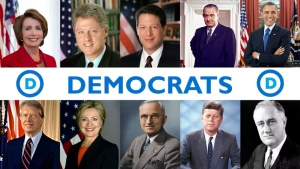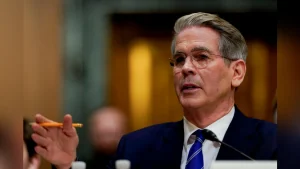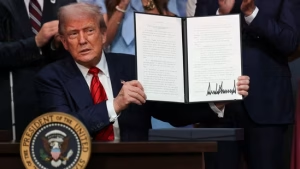Washington D.C. – The latest Donald Trump Trade Moves have sparked intense criticism from Democrats in the US House Foreign Affairs Committee, who argue that targeting India with tariffs will have no meaningful impact on stopping Russian President Vladimir Putin or ending the ongoing war in Ukraine. The committee, which oversees America’s foreign policy direction, has publicly challenged the logic and effectiveness of these trade measures.
The Donald Trump Trade Moves specifically involve secondary tariffs imposed on India for purchasing Russian oil, a strategy that Democrats characterize as ineffective and misdirected. The House Foreign Affairs Committee Democrats argue that if Trump genuinely wanted to address Russia’s invasion of Ukraine, he should focus on punishing Putin directly and providing Ukraine with necessary military aid rather than implementing these trade measures.
Treasury Secretary Defends Secondary Tariff Strategy

US Treasury Secretary Scott Bessent has emerged as a key defender of the Donald Trump Trade Moves, explaining the administration’s rationale for imposing secondary tariffs on India. Bessent stated that the United States has implemented these measures specifically targeting India’s Russian oil purchases, warning that additional secondary tariffs could follow if the current strategy fails to achieve desired results.
According to Bessent’s explanation of the Donald Trump Trade Moves, the administration views sanctions and tariffs as flexible tools that can be adjusted based on evolving circumstances. “We’ve put secondary tariffs on the Indians for buying Russian oil. And I could see if things don’t go well, then sanctions or secondary tariffs could go up,” Bessent explained, indicating the escalatory potential of current trade policies.
The Treasury Secretary’s defense of Donald Trump Trade Moves emphasizes that President Trump excels at creating leverage for negotiations, suggesting that these trade measures are designed to strengthen America’s bargaining position with Putin. Bessent indicated that Trump would make it clear to the Russian leader that “all options are on the table,” positioning trade policies as part of broader diplomatic strategy.
Democratic Opposition and Alternative Strategies

The House Foreign Affairs Committee Democrats have dismissed the Donald Trump Trade Moves as ineffective political theater, arguing that tariffing India represents a misguided approach to addressing Russian aggression. Their statement, “Tariffing India won’t stop Putin. If Trump really wanted to address Russia’s illegal invasion of Ukraine, maybe punish Putin and give Ukraine the military aid it needs. Everything else is smoke and mirrors,” directly challenges the administration’s trade strategy.
This Democratic criticism of Donald Trump Trade Moves suggests that the opposition party views these tariffs as diversionary tactics that avoid addressing the core issues of Russian aggression and Ukrainian defense needs. The Democrats argue that meaningful action against Putin requires direct confrontation with Russia rather than punitive measures against countries like India that maintain economic relationships with Moscow.
Also Read: Latest Russia Ukraine War Update: Trump Announces Putin-Zelensky Meeting Plans
Flexible Sanctions Framework and Implementation


Bessent’s explanation of the Donald Trump Trade Moves reveals a comprehensive sanctions framework that treats trade measures as dynamic tools rather than fixed policies. The Treasury Secretary described sanctions as fluid and adjustable, capable of being increased, loosened, given definitive timelines, or extended indefinitely based on strategic requirements and effectiveness assessments.
The Donald Trump Trade Moves also include potential targeting of Russia’s shadow fleet of ships operating globally, which Bessent identified as another area where the administration could intensify pressure. This broader sanctions approach suggests that India’s tariffs represent just one component of a more comprehensive trade and sanctions strategy aimed at constraining Russian economic activities.
European Reluctance and International Coordination Challenges
A significant challenge facing the Donald Trump Trade Moves involves securing European cooperation for secondary sanctions implementation. Bessent revealed that European leaders have shown reluctance to support US calls for secondary sanctions, particularly regarding steep tariffs on China discussed during G7 meetings.
During a G7 meeting in Canada, Bessent described European hesitation when confronted with the prospect of implementing Donald Trump Trade Moves similar to those targeting India. When he asked European leaders about their willingness to impose 200 percent secondary tariffs on China, Bessent noted that “everybody wanted to see what kind of shoes they were wearing,” indicating European discomfort with aggressive trade measures.
The Donald Trump Trade Moves face international coordination challenges as European allies appear reluctant to implement similar secondary sanctions strategies. Bessent emphasized that “The Europeans need to join us in these sanctions. The Europeans need to be willing to put on these secondary sanctions,” highlighting the administration’s desire for broader international participation in trade-based pressure campaigns.
Strategic Implications and Future Escalation

The current Donald Trump Trade Moves represent an evolving strategy that could intensify based on Russian responses and international developments. Bessent’s comments suggest that the administration views these initial tariffs as testing grounds for broader sanctions approaches, with potential escalation depending on effectiveness assessments.
The Donald Trump Trade Moves also reflect broader questions about the relationship between trade policy and foreign policy objectives, particularly regarding how economic measures can effectively influence international conflicts. The Democratic criticism highlights fundamental disagreements about whether indirect pressure through allied countries like India can meaningfully impact Russian behavior.
Final Words: Trade Policy as Diplomatic Tool
The controversy surrounding Donald Trump Trade Moves illustrates the complex intersection of international trade, sanctions policy, and diplomatic strategy. While the administration argues that secondary tariffs create leverage against Russia, Democratic critics contend that such measures deflect attention from more direct and potentially effective responses to Russian aggression, creating ongoing political debate about the most appropriate tools for addressing international conflicts.

